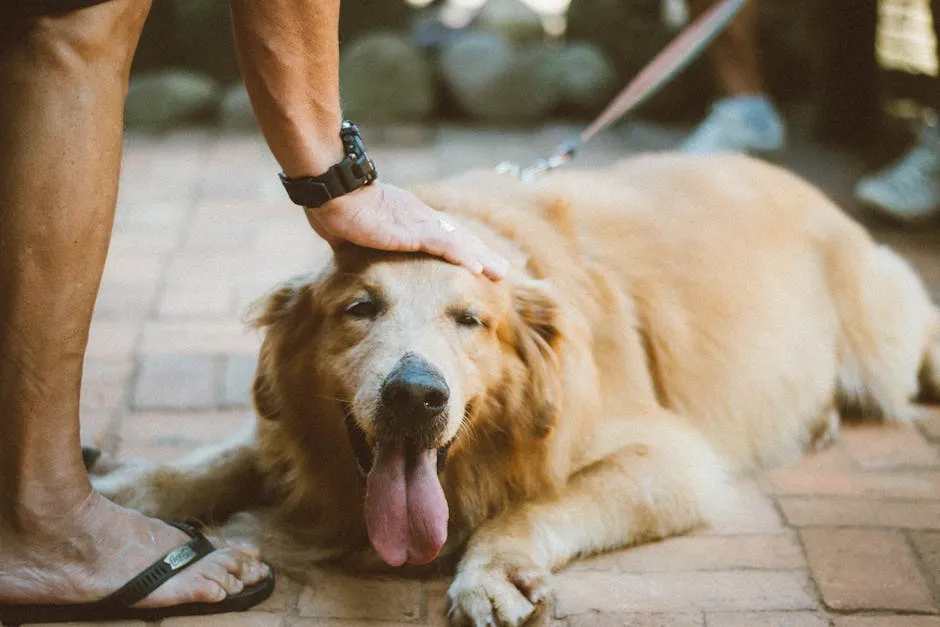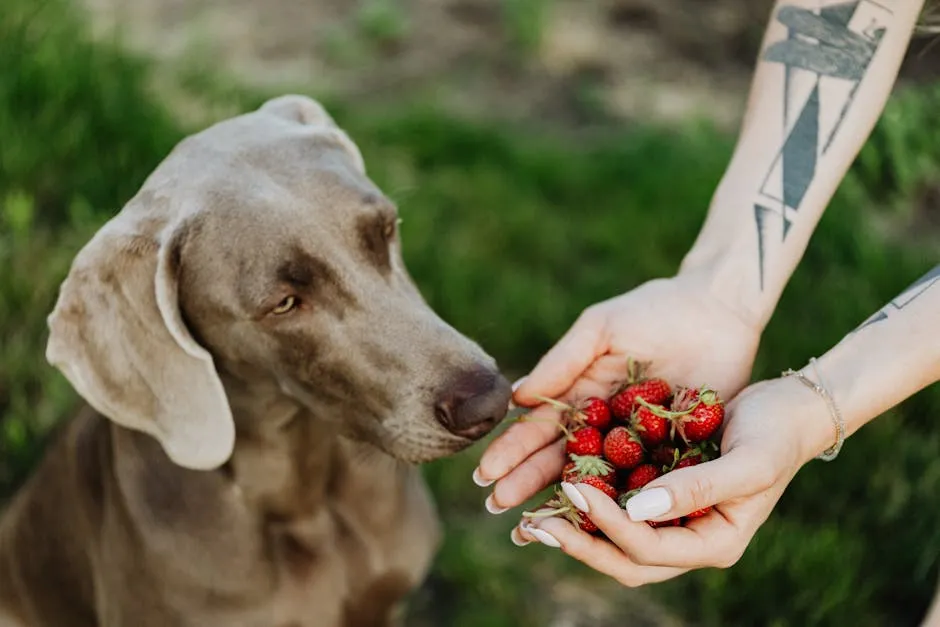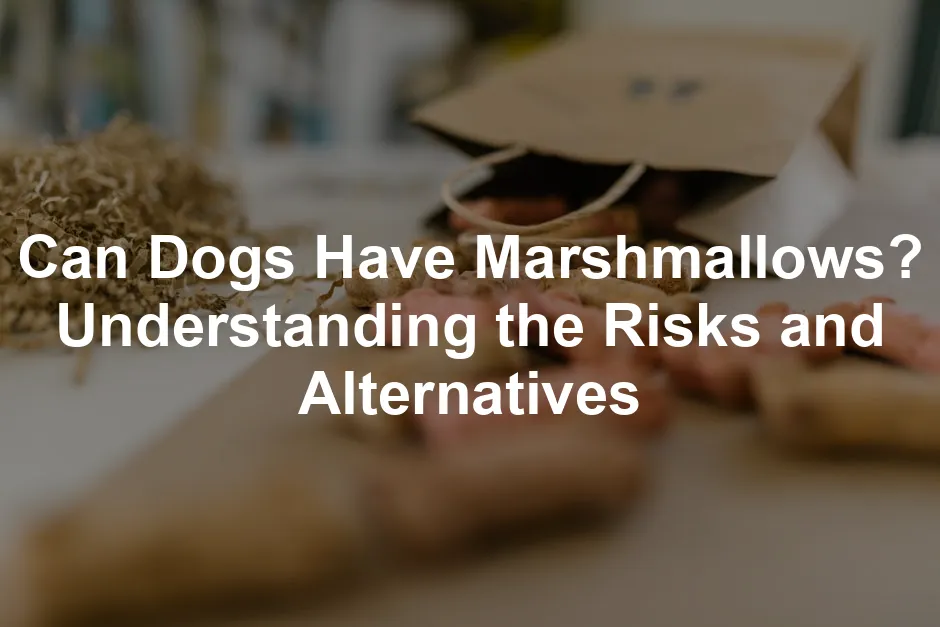Introduction
Marshmallows are a beloved sweet treat for many. Their fluffy texture and sugary taste make them hard to resist—both for us and our dogs. But can dogs safely munch on marshmallows? This article explores the health risks, nutritional drawbacks, and safer alternatives you can offer your furry friend.
Speaking of treats, if you’re looking to treat your pup with something safe and delicious, consider a Dog Treats Variety Pack. It’s a delightful way to keep your dog engaged and happy without the sugar crash!
Summary and Overview
Marshmallows are primarily made from sugar, corn syrup, gelatin, and flavorings. While they delight our taste buds, they offer little nutritional value for dogs. The high sugar content can lead to various health issues, such as obesity and diabetes. Additionally, some marshmallows may contain xylitol, a toxic sweetener dangerous for dogs. Understanding which foods are safe for dogs is crucial. This knowledge helps prevent accidental harm and promotes better health for your pet. Always consult your vet before introducing new snacks to your dog’s diet.

And while we’re on the subject of dog health, a Pet First Aid Kit is an essential item for every dog owner. Because let’s be honest, you never know when your pup might decide to channel their inner superhero and leap into a situation that requires some first aid!
Can Dogs Eat Marshmallows?
Overview of Marshmallows
Marshmallows are sugary confections made from simple ingredients. They typically consist of sugar, corn syrup, gelatin, and sometimes flavorings. This sweet combination creates a soft and fluffy texture that many find irresistible.
Dogs, like humans, are naturally drawn to sweet treats. Their taste buds can detect sweetness, which often makes sugary snacks appealing. When you indulge in a marshmallow, your dog may watch with eager eyes, hoping for a share. However, just because they enjoy the taste doesn’t mean it’s safe or healthy for them.
While a marshmallow may seem harmless, it lacks any nutritional benefits for dogs. Over time, excessive sugar consumption can lead to obesity and other health issues. So, while your dog might love the occasional taste, it’s essential to consider healthier snack options. Instead of marshmallows, why not offer them some Organic Carrots? They’re crunchy, low-calorie, and great for dental health!

Are Marshmallows Toxic to Dogs?
Marshmallows are generally not toxic to dogs, but caution is necessary. The primary concern arises with marshmallows that contain xylitol, a sugar substitute deadly to dogs. Even small amounts can lead to low blood sugar, seizures, or liver failure.
Moreover, high sugar content in marshmallows poses significant health risks. Regular consumption can lead to obesity, diabetes, and dental issues. Dogs that consume too much sugar may also experience gastrointestinal upset, leading to vomiting or diarrhea.
If your dog eats a marshmallow, monitor them closely for any unusual symptoms. While one marshmallow may not cause immediate harm, frequent indulgence can have long-term health consequences. Always consult your veterinarian if you have concerns about your dog’s diet or health.
Health Risks Associated with Marshmallows
Xylitol Poisoning
Xylitol is a common artificial sweetener found in some marshmallows. This ingredient is highly toxic to dogs, even in small amounts. When ingested, xylitol causes a rapid release of insulin. This can lead to dangerously low blood sugar levels, known as hypoglycemia. Symptoms of xylitol poisoning include vomiting, lethargy, and seizures. In severe cases, it can result in liver failure and death.
If your dog consumes any product containing xylitol, seek veterinary assistance immediately. Time is critical in these situations. Your vet may suggest inducing vomiting if the marshmallow was eaten recently. It’s essential to act quickly, as the effects can escalate within minutes or hours. Always read labels before sharing human food with your dog to avoid this hidden danger.

General Health Risks
Even marshmallows without xylitol can pose health risks for dogs. Their high sugar content can lead to gastrointestinal upset, including vomiting and diarrhea. These sugary snacks may also trigger more severe conditions, such as pancreatitis. This painful inflammation of the pancreas can occur after excessive sugar intake. Learn more about pancreatitis in dogs.
Understanding the potential health risks of marshmallows can help you make better choices for your dog’s diet. Learn more about pancreatitis in dogs.
Long-term consumption of sugary foods like marshmallows can lead to chronic health issues, including obesity and diabetes. Dogs with these conditions may experience a host of problems, including reduced quality of life. Additionally, marshmallows can be a choking hazard, especially for smaller breeds. Always prioritize dog-friendly treats that provide nutritional value and safety.

What to Do If Your Dog Eats Marshmallows
Immediate Steps to Take
If your dog eats marshmallows, first assess the situation. Check if the marshmallows contain xylitol, a toxic sweetener. If they do, it’s essential to act quickly. Call your veterinarian immediately. They may recommend inducing vomiting to prevent further complications.
If the marshmallows do not contain xylitol, monitor your dog closely. Look for symptoms such as vomiting, diarrhea, or lethargy. These signs may indicate gastrointestinal upset. If your dog shows any unusual behavior, contact your vet for guidance. Remember, it’s always better to be safe than sorry when it comes to your furry friend’s health.

Prevention Strategies
Preventing your dog from accessing marshmallows is crucial. Start with basic training commands, like “leave it.” This command can help keep your dog away from harmful foods.
Next, store all human food, especially sweets, in secure containers. This will limit your dog’s access to tempting treats. Make your home a dog-friendly environment by ensuring trash bins are closed and countertops are clear of food.
Finally, educate everyone in your household about the dangers of sharing human food with dogs. By taking these steps, you can help protect your pup from accidental snacking on unhealthy treats. Consider using a Dog Waste Bags Dispenser to ensure clean-ups are quick and efficient!

Healthier Alternatives to Marshmallows
Dog-Friendly Treats
If you’re looking for wholesome snacks for your dog, skip the marshmallows. Instead, consider offering fruits and vegetables that are safe and nutritious. Carrots, for instance, are crunchy and low in calories. They promote dental health and are rich in vitamins. Find out if dogs can eat carrots.

Choosing healthier alternatives to marshmallows can significantly benefit your dog’s diet. Find out if dogs can eat carrots.
Apples are another great choice. Just remove the seeds and core, as these can be harmful. Blueberries are tasty and packed with antioxidants, making them a perfect treat. Learn more about apples for dogs.
And if you’re looking to add some variety, consider Freeze-Dried Blueberries for Dogs. They’re a crunchy, healthy treat that dogs love!

Incorporating fruits like apples and blueberries into your dog’s diet can enhance their health. Learn more about apples for dogs.
Sweet potatoes are also dog-friendly and can be baked for a chewy snack. These alternatives not only satisfy your dog’s cravings but also provide essential nutrients. They help maintain a healthy weight and support overall well-being. Remember, it’s crucial to choose dog-friendly snacks that contribute positively to your pet’s diet. You can also try making treats with Canned Pumpkin for Dog Treats for added flavor!

Homemade Treats
Creating homemade dog treats is a fun and rewarding activity. You can control the ingredients and ensure they’re safe for your furry friend. One easy recipe is pumpkin dog biscuits. Combine Whole Wheat Flour for Baking, canned pumpkin, and eggs. Roll out the dough and cut it into shapes. Bake until golden brown, and you have a nutritious snack!
Another option is peanut butter treats. Mix Natural Peanut Butter (without xylitol), oats, and a bit of honey. Shape the mixture into small balls and refrigerate until firm. Your dog will love these tasty bites! Homemade treats not only cater to your dog’s taste preferences but also allow you to avoid harmful additives. Plus, they can be a great bonding experience for both of you.

Conclusion
In summary, while marshmallows may seem harmless, they pose health risks for dogs. The high sugar content and potential presence of toxic ingredients like xylitol make them a poor choice. Instead, opt for safe, nutritious treats that will keep your pup happy and healthy. Always consult your veterinarian when introducing new foods to your dog’s diet. Your dog’s health and well-being should always come first. And don’t forget to keep your dog’s playtime fun with a Dog Chew Toy to keep them entertained!
Please let us know what you think about our content by leaving a comment down below!
Thank you for reading till here 🙂
All images from Pexels





